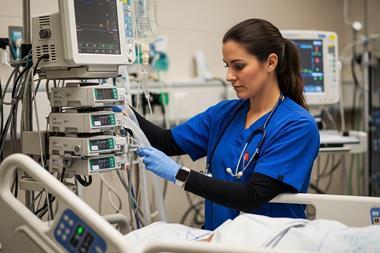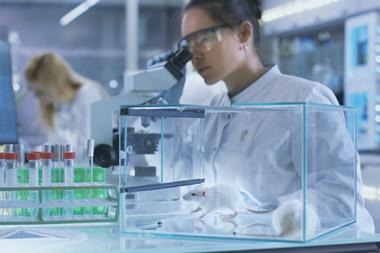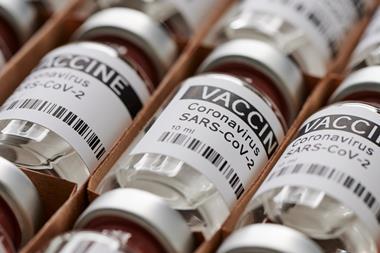
SARS-CoV-2 can cause pathologic changes to the brains of dogs, according to a study published in the CDC’s journal Emerging Infectious Diseases.
Led by researchers from Konkuk University in South Korea, the study examined changes in the brain tissue of dogs infected with SARS-Cov-2.
It indicated that SARS-CoV-2 infection could cause changes in the structure and function of the BBB compartment of the brain. This compartment is composed of endothelial cells, pericytes, capillary basement membrane and astrocyte end-feet which aim to protect the brain from toxic substances, filtering out harmful components and supply the brain tissue with nutrients.
PDGFR-β densities, which are markers for pericytes, were shown to be decreased in dogs during both early and late periods of the infection, indicating that the cellular components of the BBB were damaged by the virus.
The observations also suggested that BBB disruption caused by infection with SARS-CoV-2 could cause inflammation of the nervous tissue and further contribute to the progression of neurodegenerative diseases in canine brains.
“SARS-CoV-2 infection can damage the brain in dogs at early and later stages of infection, suggesting a high potential for a long-lasting COVID-19–like syndrome to develop in affected dogs”, the research concluded.
Given the high genetic similarities between dogs and humans, the researchers hope that these findings can be used to benefit SARS-CoV-2 studies in humans.
Further reading:
Neurologic effects of SARS-CoV-2 transmitted between dogs: https://wwwnc.cdc.gov/eid/article/29/11/23-0804_article































